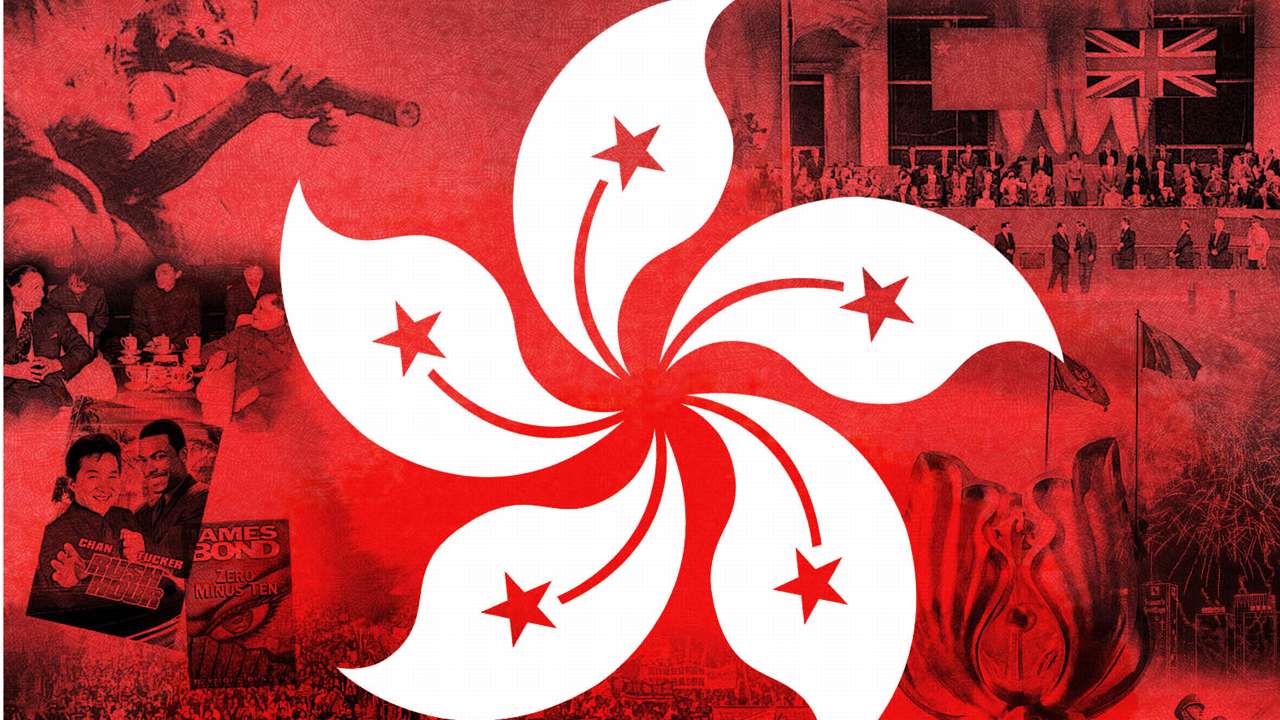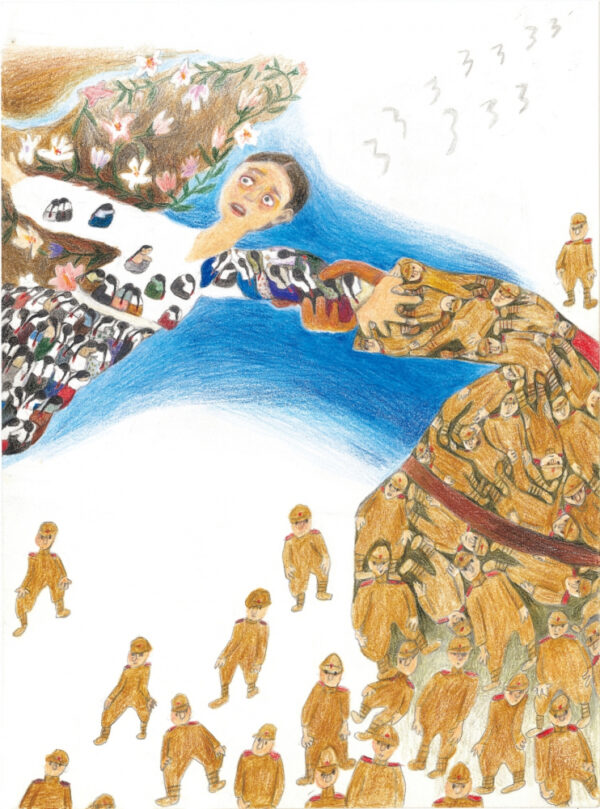
March 11, 2016 | 1:00pm – 3:00pm | 208N, North House, Munk School of Global Affairs
Registration: http://roadtorecovery-china-india-pakistan.eventbrite.ca
In May 2015, representatives of the Taliban secretly met with Afghan, Chinese and Pakistani officials in the autonomous Chinese region of Urumqi, Xinjiang Uygur. The meeting was reported to be part of the preliminary consultations regarding the beginning of full-fledged negotiations between all parties.
This renewal in diplomatic relations between Afghanistan and China, India, and Pakistan comes in the wake of signing the Bilateral Security Agreement (BSA) in 2014 and the subsequent drawback of US military personnel and NATO forces in Afghanistan. Since then, regional interest parties in the region, such as China, India, and Pakistan are becoming more actively involved in Afghanistan’s recovery through multilateral venues such as the Istanbul Process and the Shanghai Cooperation Organization (SCO). In particular, China’s growing capabilities, its desire for regional stability, and its geographic proximity to Afghanistan make it well placed to play a positive role in Afghanistan’s reconstruction.
This panel aims to examine the role of China, India, and Pakistan in the reconstruction of Afghanistan after the withdrawal of NATO troops in 2014 and the respective geopolitical implications it has in the Central and South Asia region.
Program schedule:
1:10-1:12 Welcome Remarks from Editor-in-Chief of Synergy Journal
1:12-1:15 Remarks from the Chair: Professor Kanta Murali
1:15-1:30 Panelist #1: Professor David Dewitt
1:30-1:45 Panelist #2: Professor Edward Schatz
1:45-2:00 Panelist #3: Professor Aisha Ahmad
2:00-2:30 Discussion Period moderated by the Chair
2:30-2:48 Q&A
2:48-2:50 Closing Remarks by Editor-in-Chief of Synergy Journal
Chair: Kanta Murali – Kanta Murali is an Assistant Professor of Political Science at the University of Toronto. Her research interests include comparative political economy of development, Indian politics, politics of growth and economic policy, state-business relations and labor policy. Her current focus is on the political and social drivers of economic policy in India. She recently completed a book manuscript, The Social and Political Origins of Economic Policy in India, which is forthcoming with Cambridge University Press. Other research in progress includes “Business and Politics in India” (with Atul Kohli and Christophe Jaffrelot). She received the Connaught New Researcher award in 2014. She holds a Ph.D. in Politics from Princeton University and an M.Sc in Development Studies from the London School of Economics and Political Science.
Panelists:
David Dewitt
David Dewitt is a Professor in the Department of Political Science at York University. He is a specialist in international affairs with expertise in security and conflict, the Middle East and Asia Pacific, and comparative public diplomacy. He earned a BA at the University of British Columbia and an MA and PhD from Stanford University. He previously served as director of the York Centre for International & Security Studies (YCISS) from 1988 to 2006. He is the author or contributing editor of books, chapters and peer reviewed articles as well as commissioned reports on Canadian foreign, security, and defense policy, international and regional security and conflict management in Asia Pacific and the Middle East, arms control and proliferation, and human security.
Aisha Ahmad
Aisha Ahmad is an Assistant Professor in the Department of Political Science. Her work explores the political economy of Islamist power in weak and failed states. She has conducted field research in Afghanistan, Pakistan, Somalia, and Kenya. In 2012, she was a fellow at the Belfer Center on Science and International Affair at the Harvard Kennedy School. She is currently working on a book on the relationship between clandestine business and Islamist movements in civil wars across the Muslim world.
Edward Schatz
Edward Schatz is an Associate Professor in the Department of Political Science at the University of Toronto. He completed his PhD at the University of Wisconsin-Madison and works on questions of social mobilization, statehood, and identity politics in ex-Soviet Central Asia and has an abiding interest in qualitative methods and methodologies. He has published with the University of Chicago Press, the University of Washington Press, as well as articles with journals such as Comparative Politics, Europe-Asia Studies, and International Studies Quarterly. He is currently completing a book on the politics of America’s changing image in Central Asia and a study of authoritarianism in Central Asia. Professor Schatz chairs the Political Science Department at the University of Toronto Mississauga.
Event Co-sponsor: Asian Institute, Munk School of Global Affairs, University of Toronto








